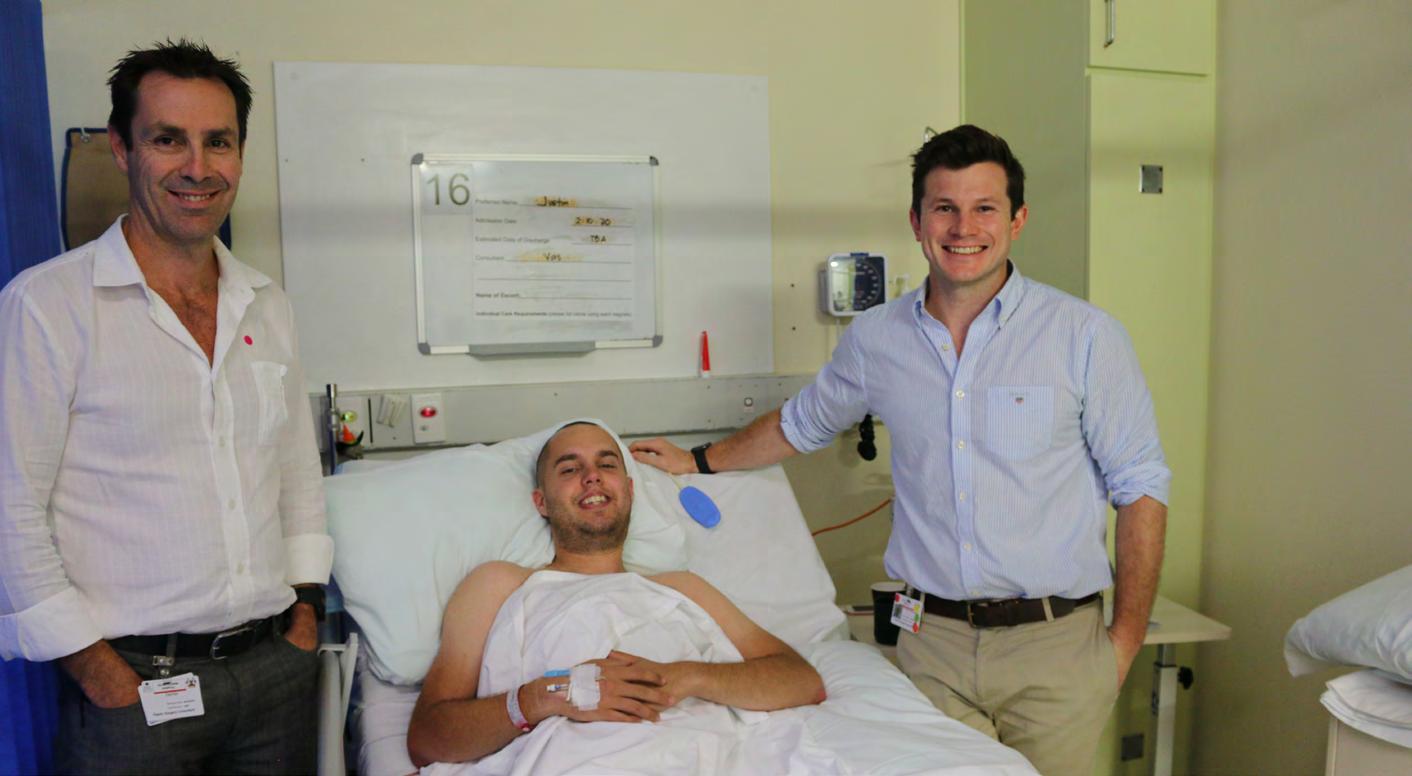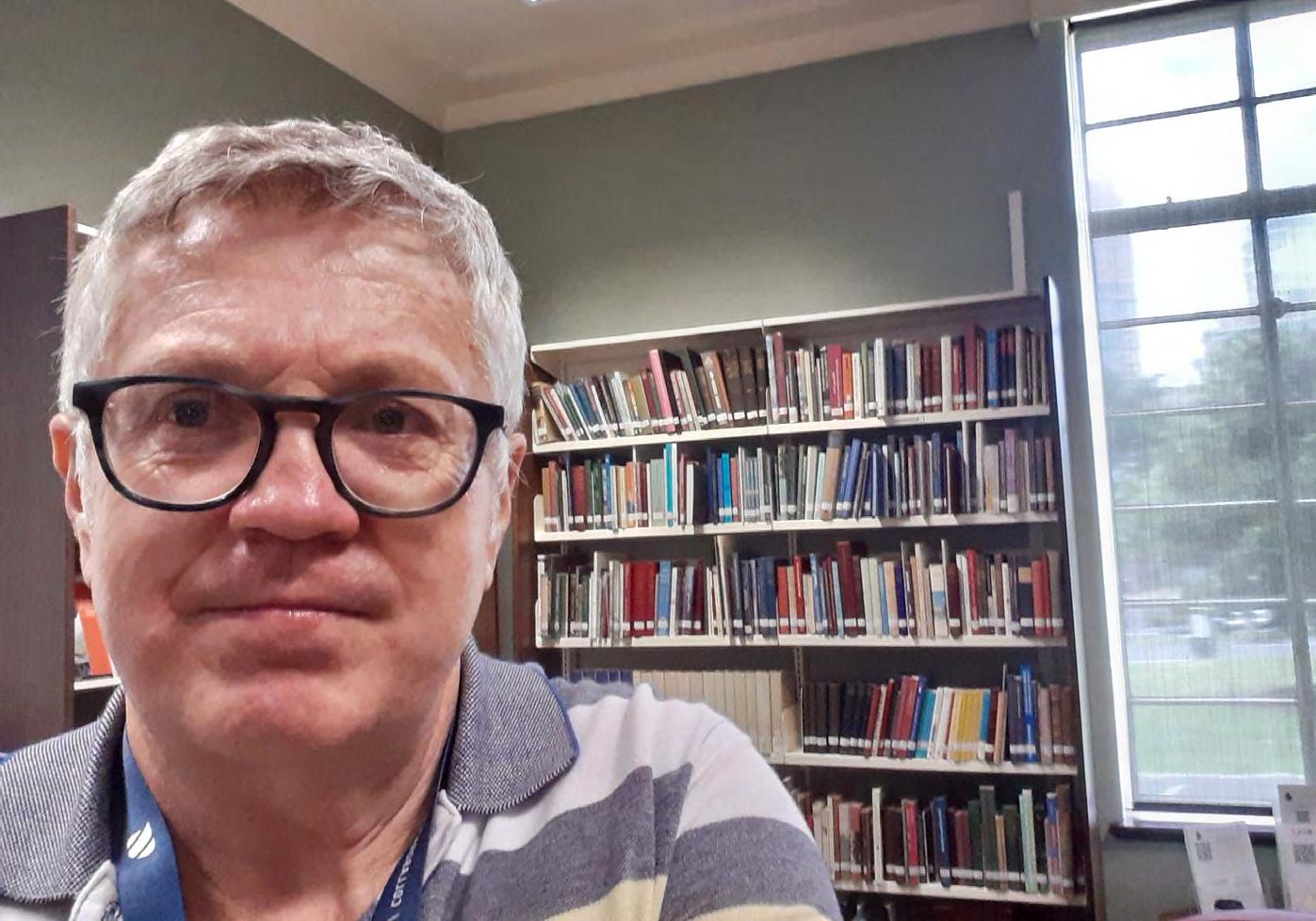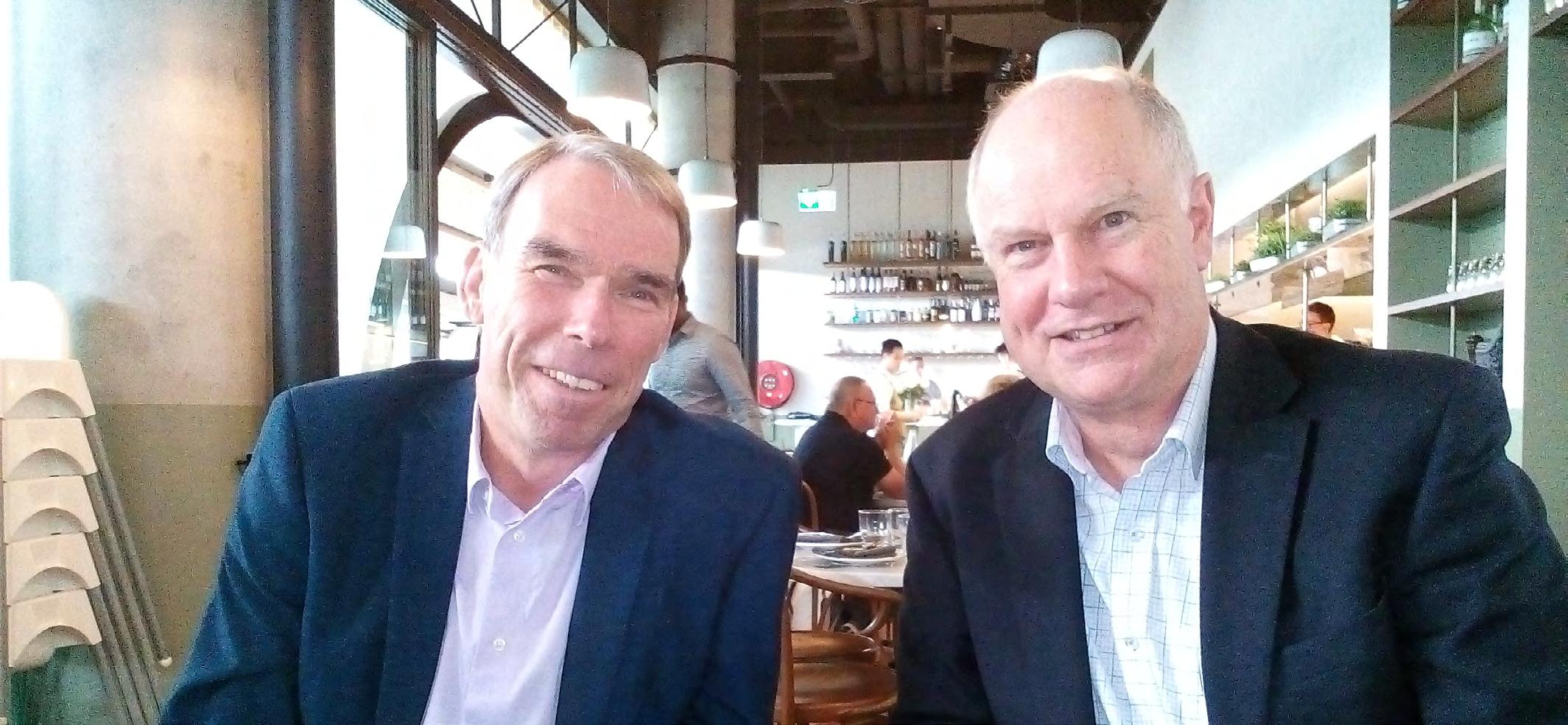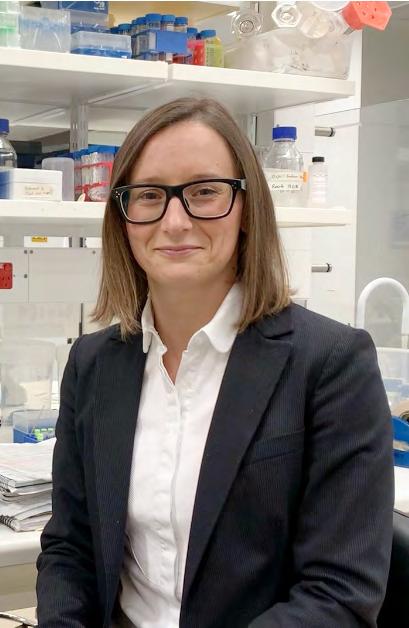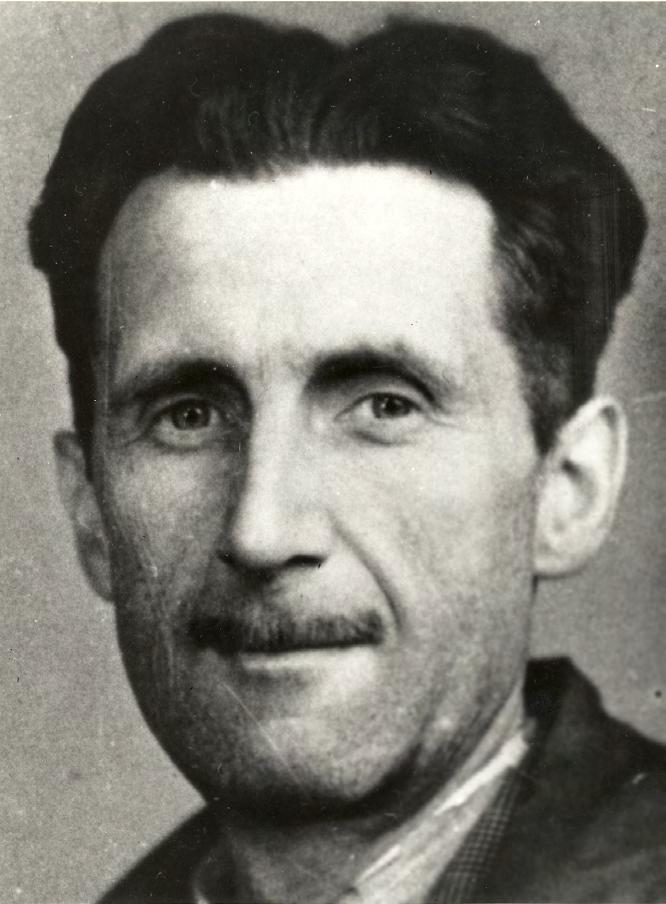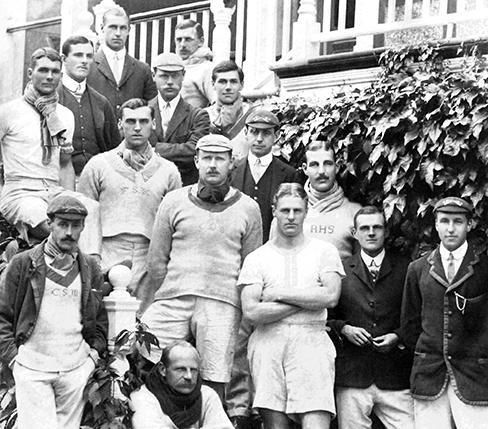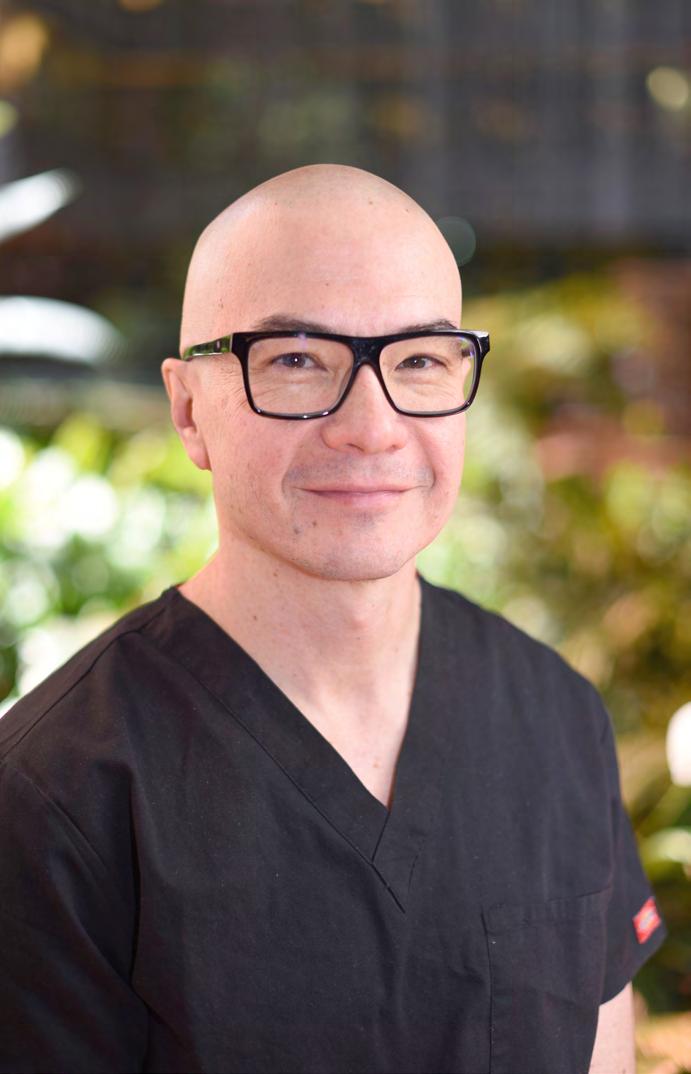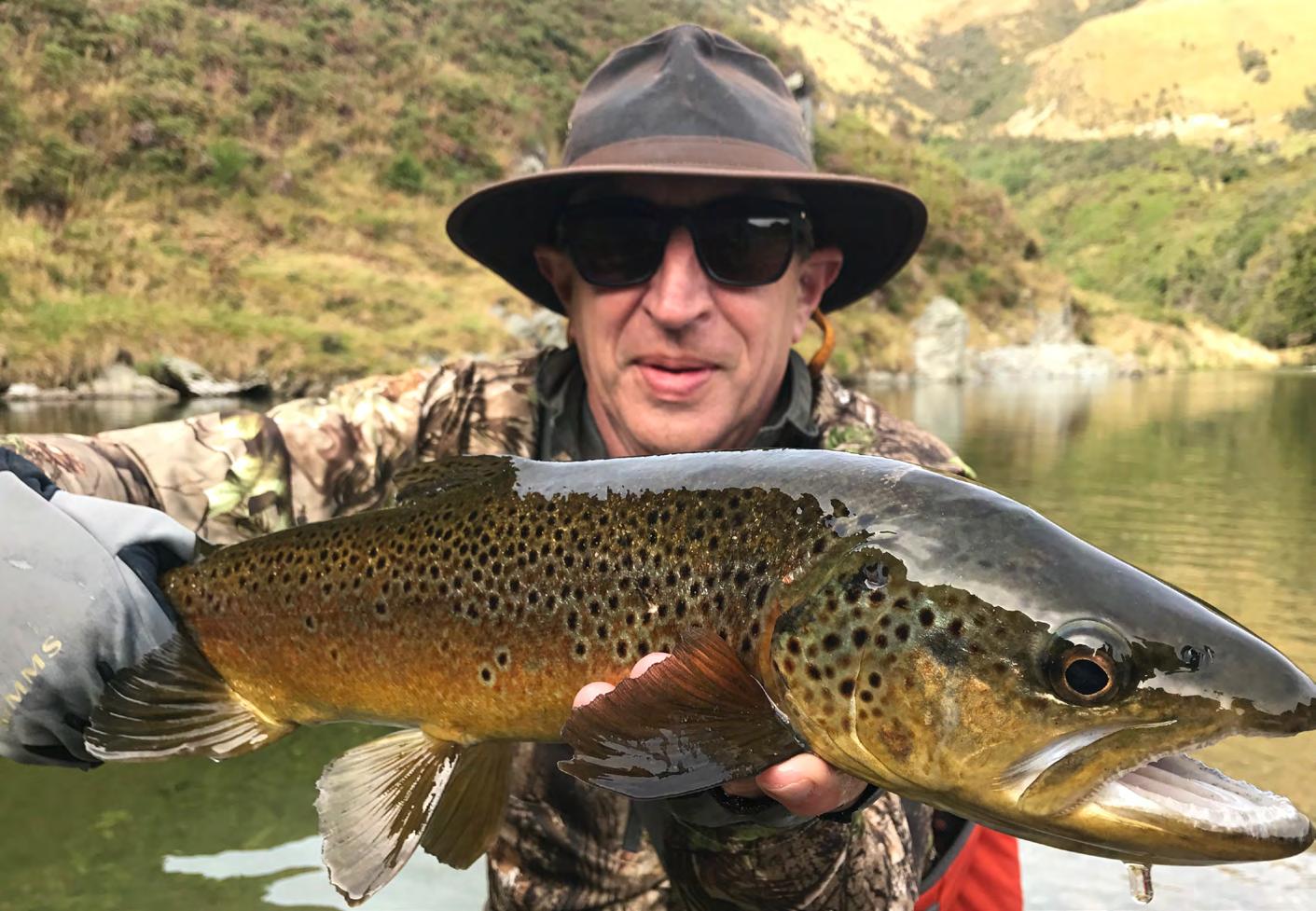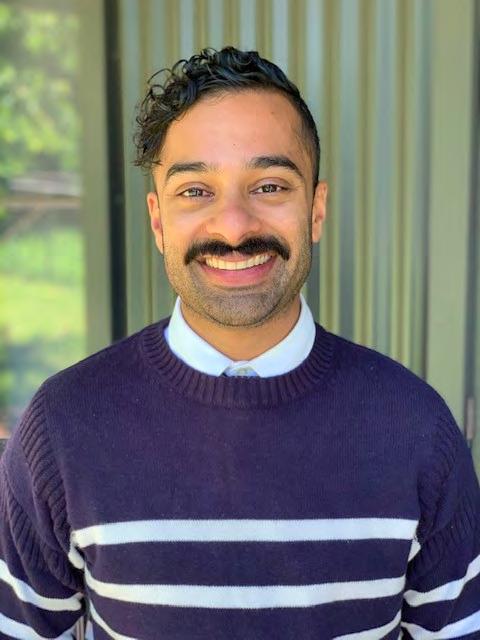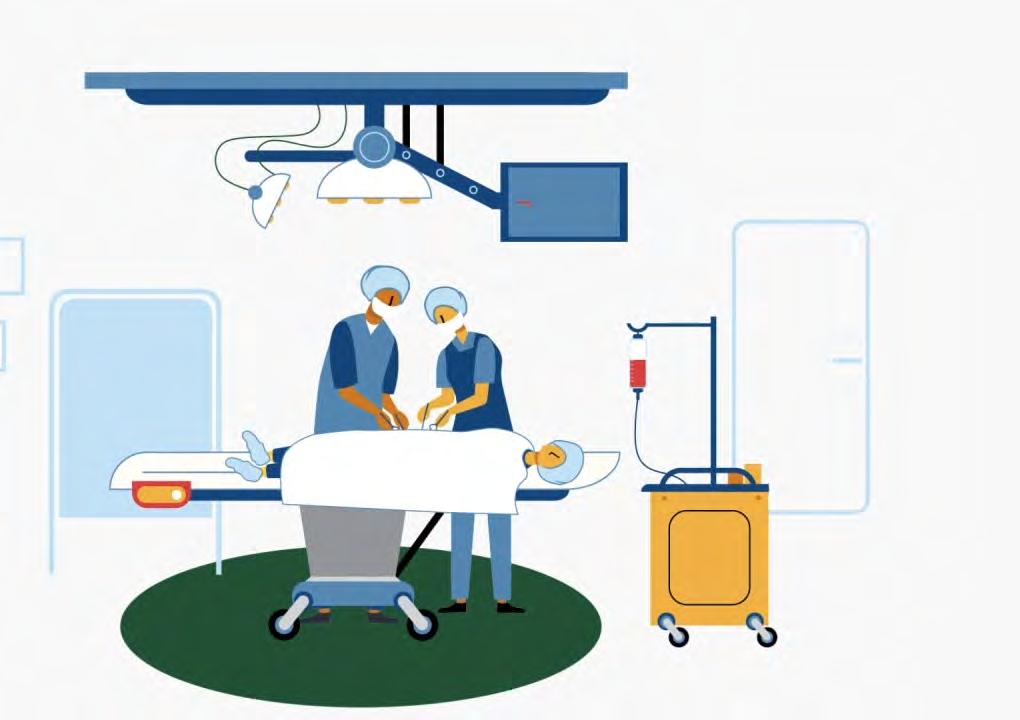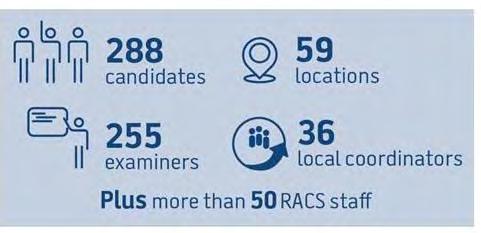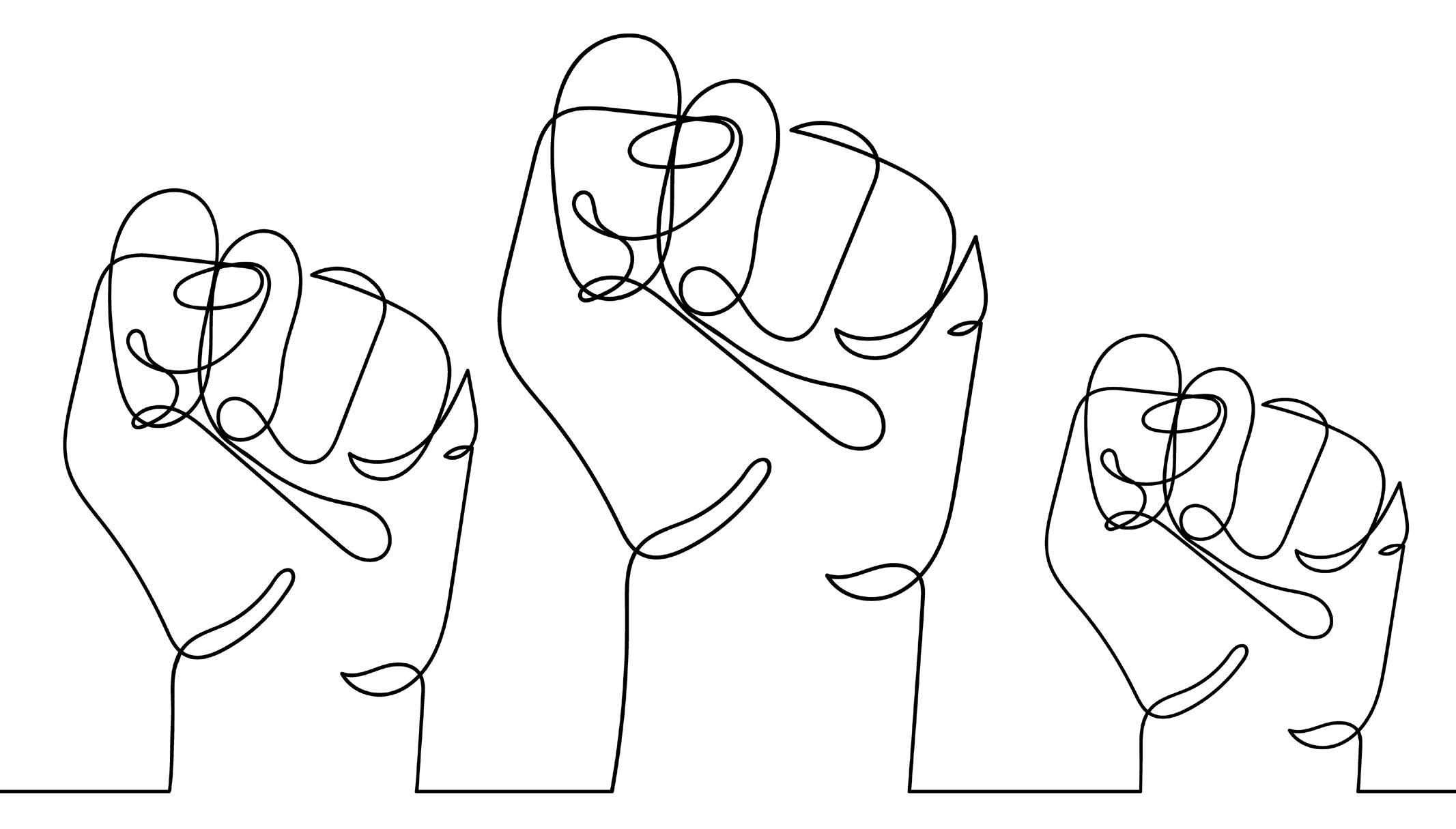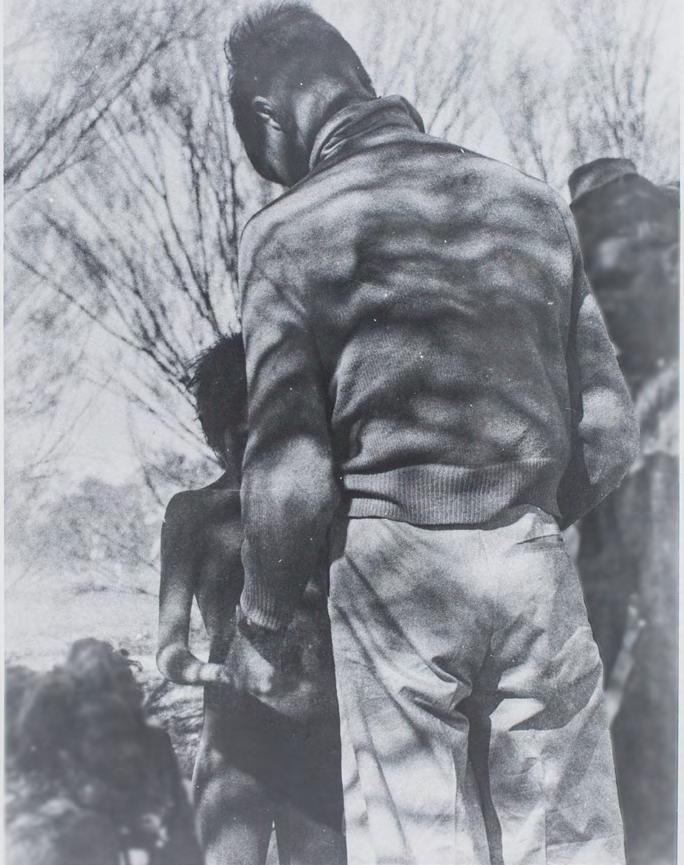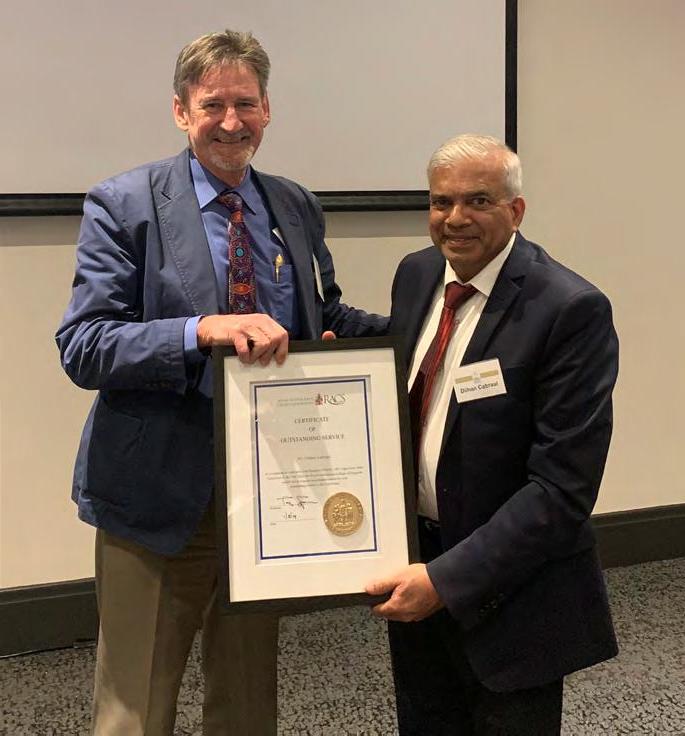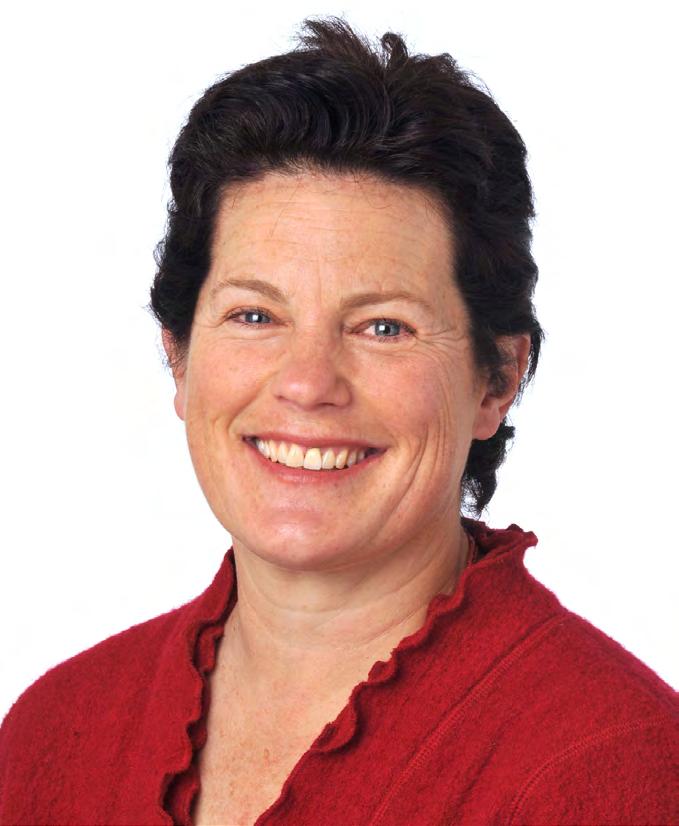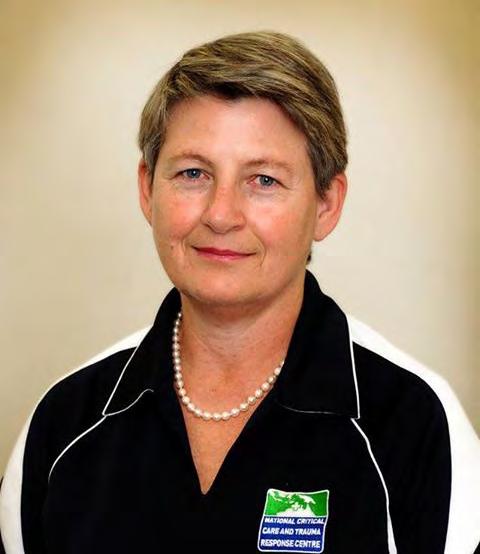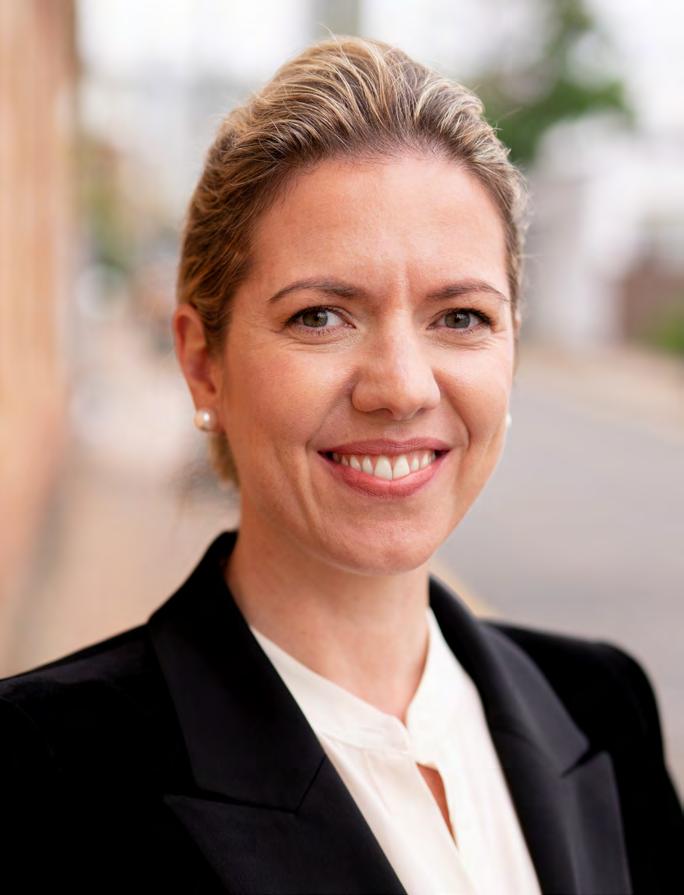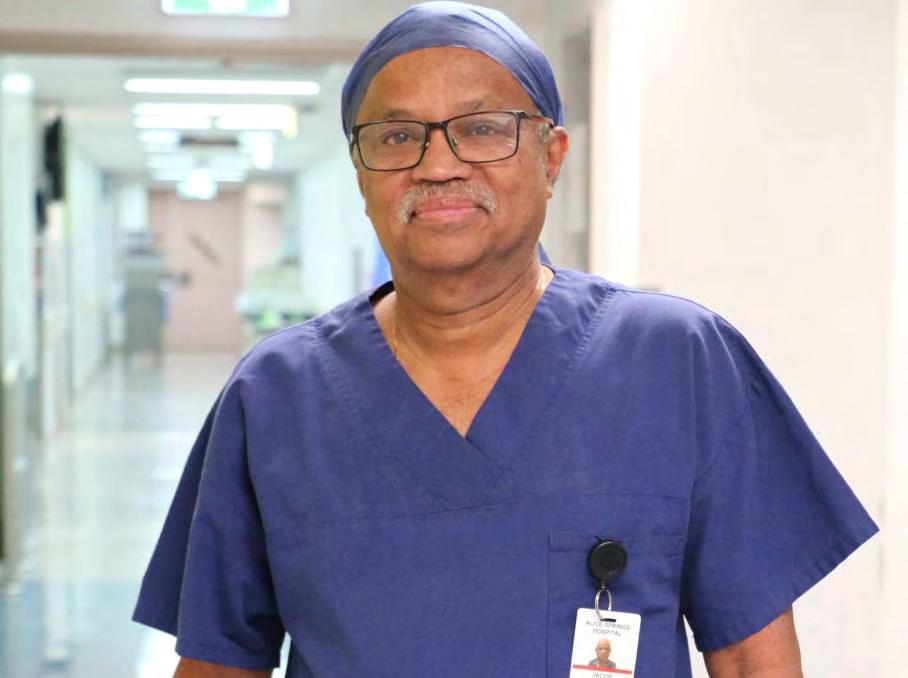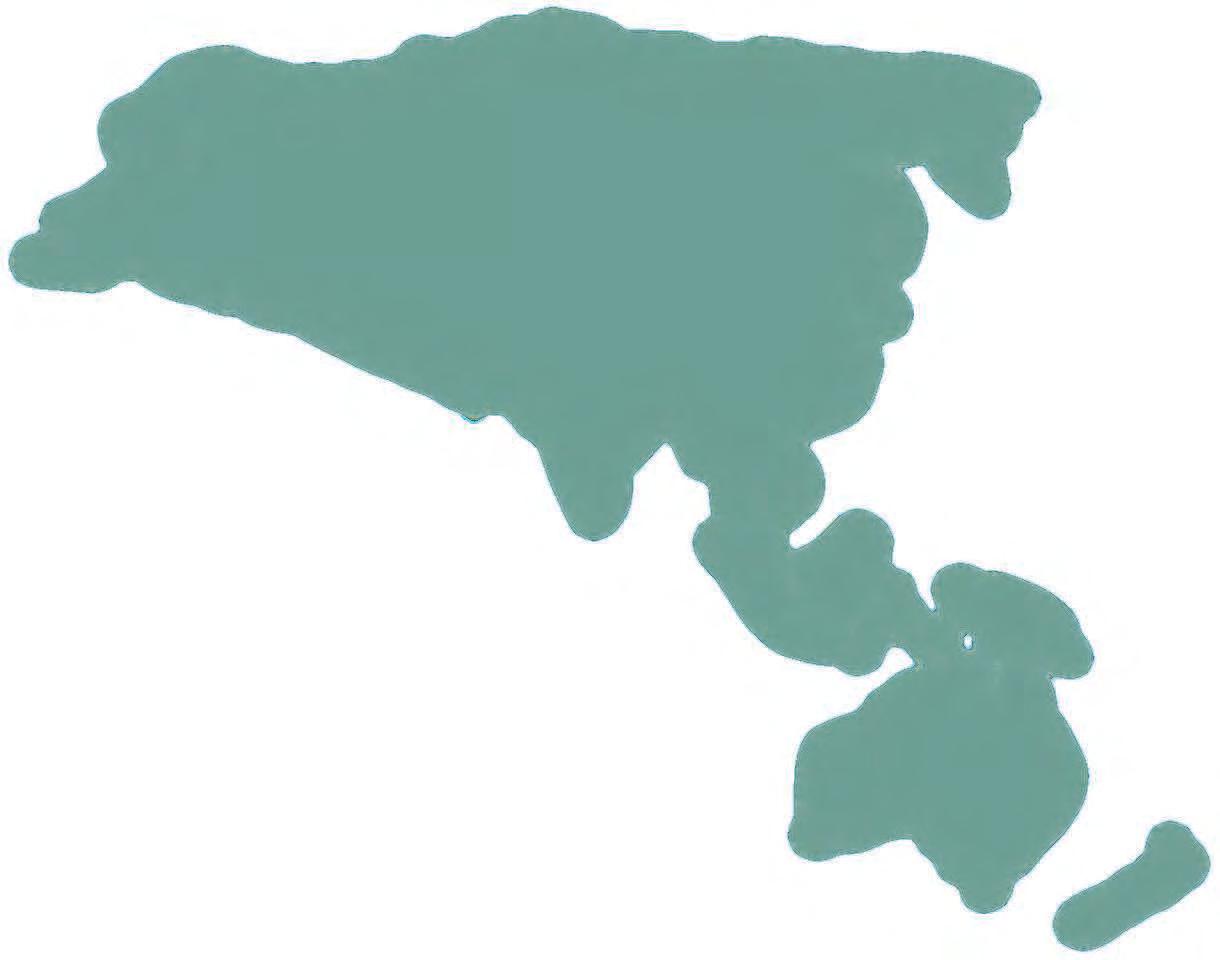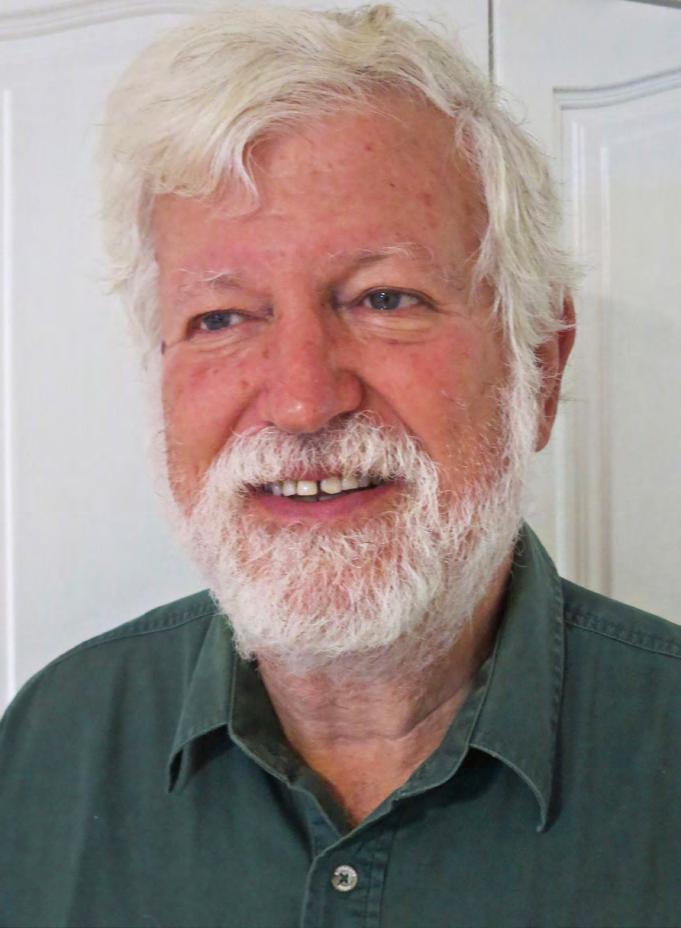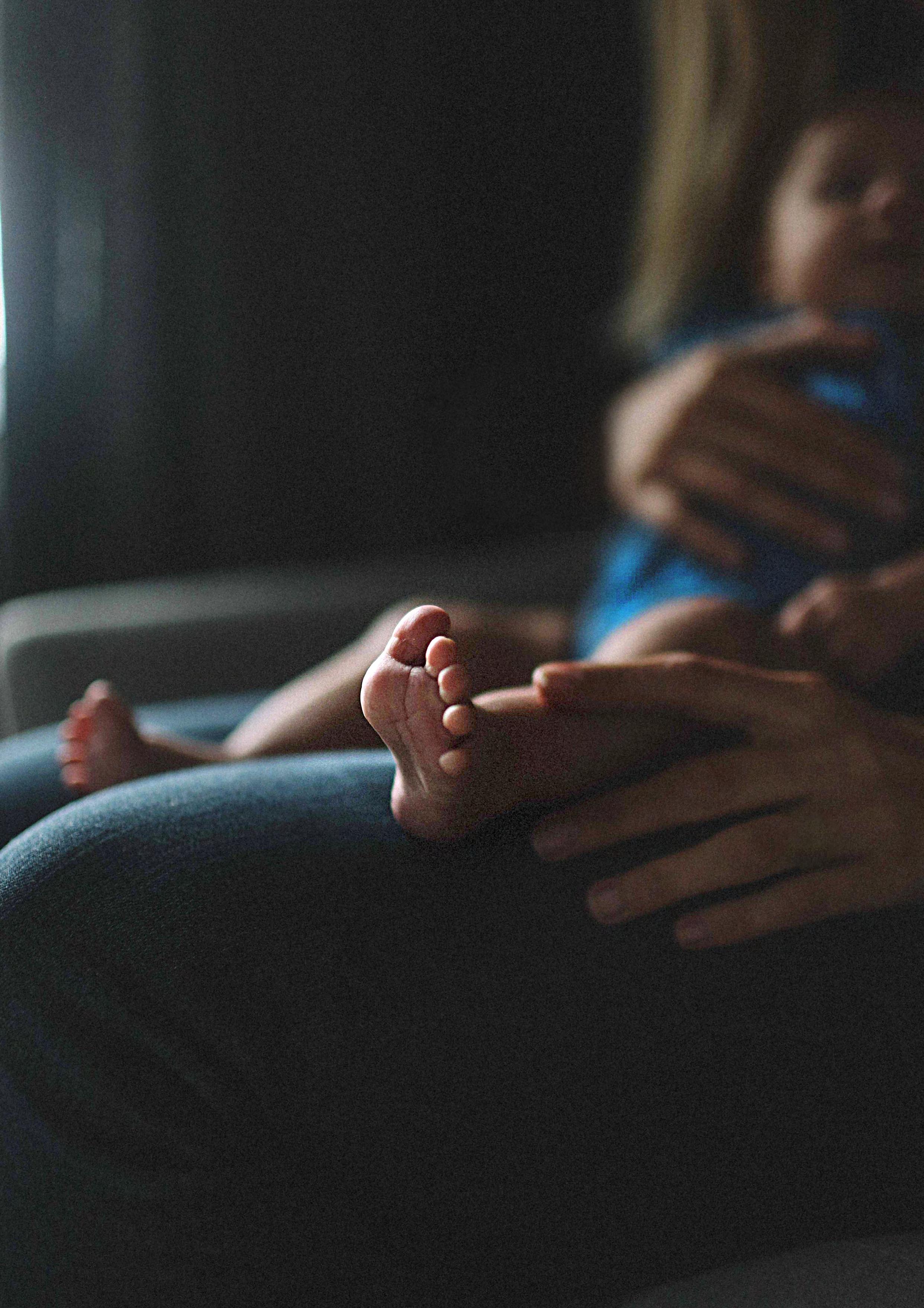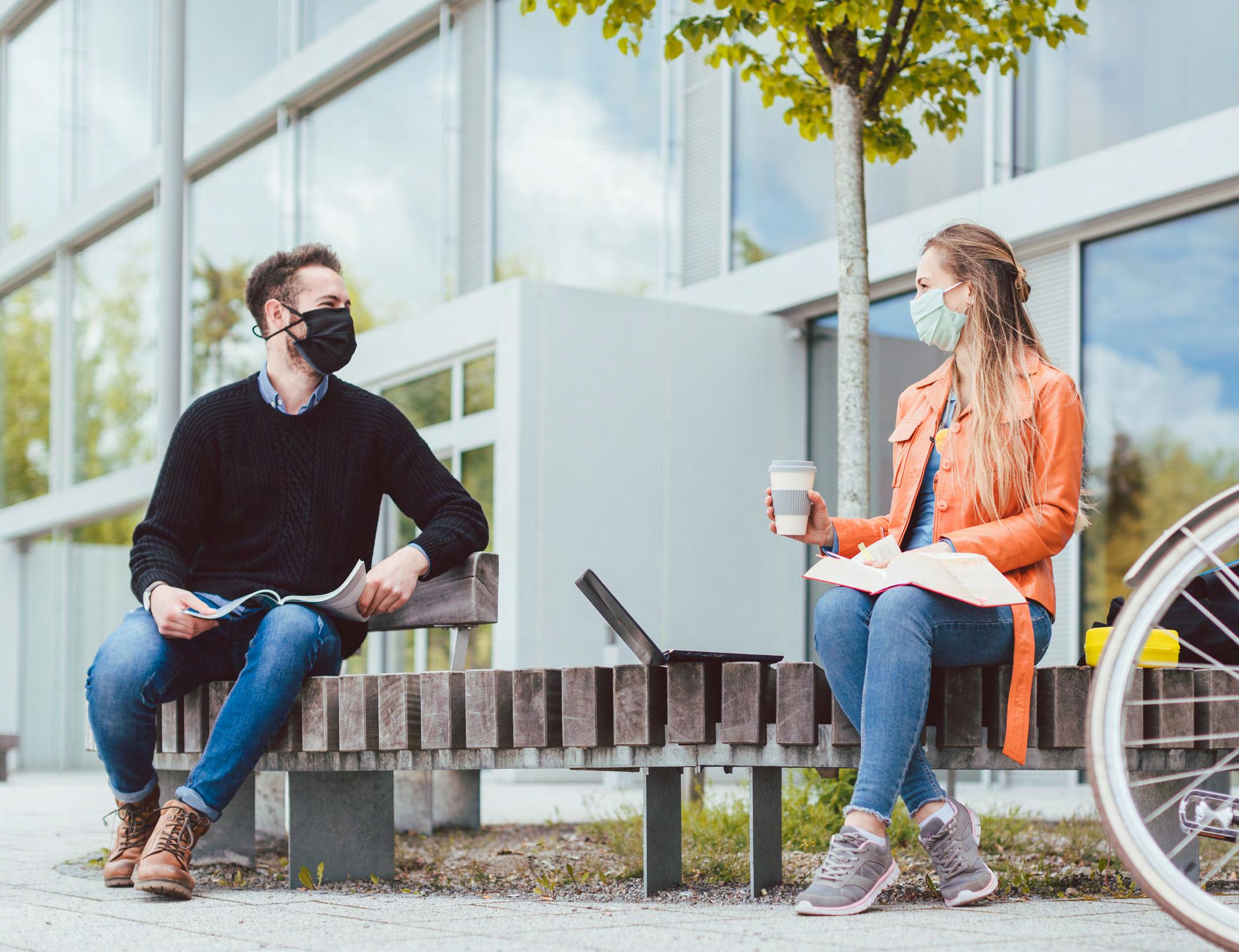34
Health equity feature
Associate Professor Kelvin Kong on Black Lives Matter Associate Professor Kelvin Kong was striding into John Hunter Hospital in Newcastle to treat a patient with COVID-19 when he was stopped in his tracks. “Deliveries are out the back,” a hospital worker said to him. A surgeon with 13 years’ experience, Associate Professor Kong was offended to be mistaken for a truck driver. But he didn’t get angry. He simply explained who he was, entered the hospital and got on with his job. When the incident was described on Twitter by a colleague, Associate Professor Kong remained remarkably gracious. “Awareness of unconscious bias is required, so we treat everybody kindly,” he wrote. “I can manage, I worry for my mob.” The tweet prompted others to share similar experiences. One Indigenous general practitioner said he had been asked to refrain from eating food that was set up for a committee meeting he was attending. A British barrister with
dark skin said she was mistaken for a defendant three times in one day. Associate Professor Kong said these acts are generally not malicious but highlight how much people need to be taught about unconscious bias and racism. And 2020, for all its devastation, seems a good year to discuss it. Racism in all its forms has been in the spotlight this year. The suffocation of George Floyd by a police officer in the United States (US) reignited the Black Lives Matter movement, prompting similar action in Australia. The message went global via social media. At the same time, COVID-19 has ravaged Black and other minority communities in the US and the United Kingdom, mostly due to health inequities. In July, Associate Professor Kong and his family participated in a Black Lives Matter rally in Newcastle along with some of his medical colleagues. He relished the opportunity to discuss racial injustices, including deaths in custody and Australia’s history of slavery.
“For me it’s been a wonderful conduit to start the conversation,” he said. “A lot of people are fearful of the conversation and scared of being called racist when they’re not racist, they’re just lacking the truth.” When COVID-19 reached Australia, Associate Professor Kong knew it posed an extraordinary risk to Indigenous people, who have higher rates of risk factors for severe illness, such as hypertension and diabetes. He was quick to shut down clinics he attends in remote areas of New South Wales and the Northern Territory to prevent transmission. While this undoubtedly reduced the risk of COVID-19 in those communities, the action was a double-edged sword, exacerbating delays for other medical care. Despite these setbacks, Associate Professor Kong wants to build on the momentum created in public health this year. He said that if Australian health authorities can do such a good job of protecting Indigenous people from COVID-19, it’s time to devote similar effort to other problems plaguing his people. Associate Professor Kong has good reason to fear for Indigenous people. Aboriginal and Torres Strait Islander people are twice as likely as non-Indigenous Australians to have a severe or profound disability,1 and can expect to die almost 10 years earlier than non-Indigenous Australians.2
Associate Professor Kelvin Kong’s son, Lewis, at a #BlackLivesMatter rally in Newcastle.
One thing Associate Professor Kong would like to see is a revision of triage systems to ensure life-changing interventions for children, such as treatment for otitis media, are prioritised. It saddens him to see Indigenous children waiting up to three years for treatment, causing their hearing, speech and wellbeing to deteriorate. The pain and disruption for such children causes other problems for their families who are shunted around the health system, costing them money and time off work.


